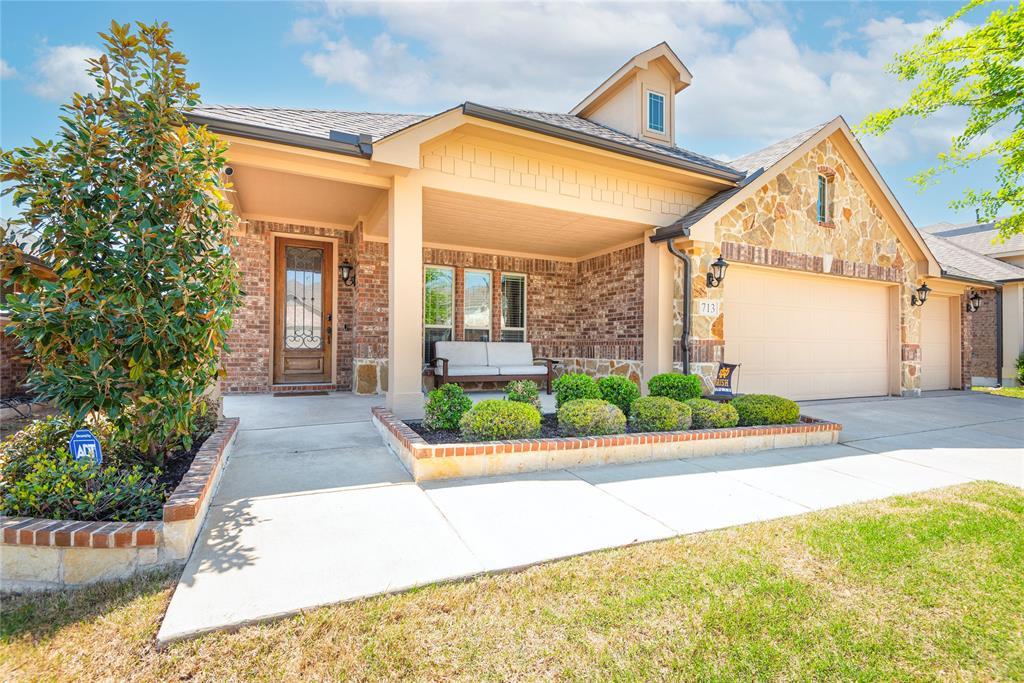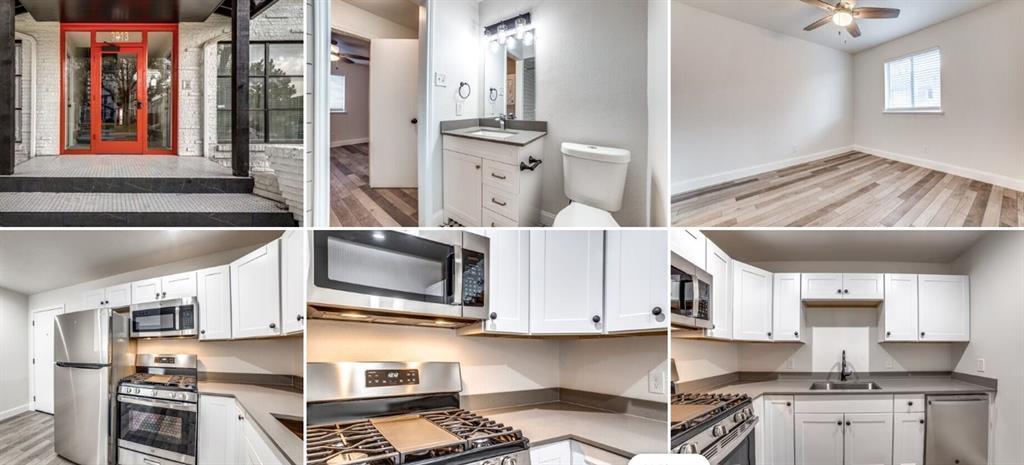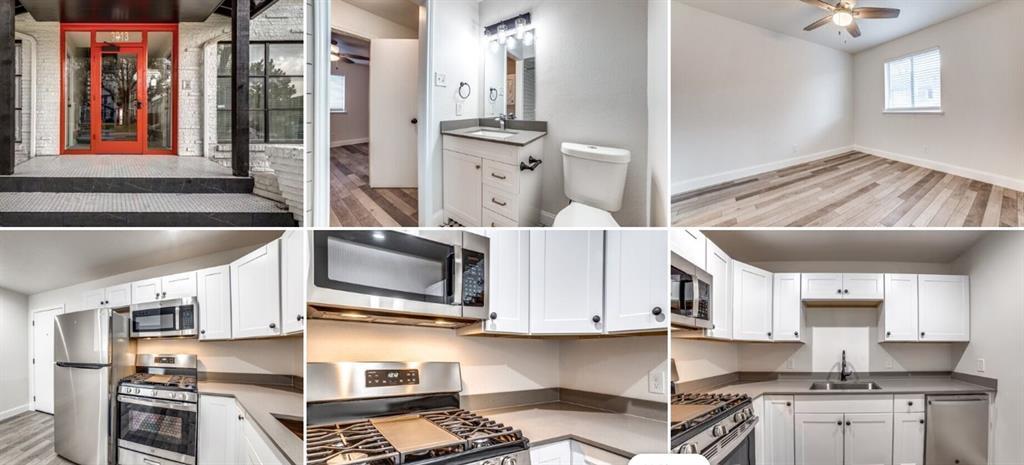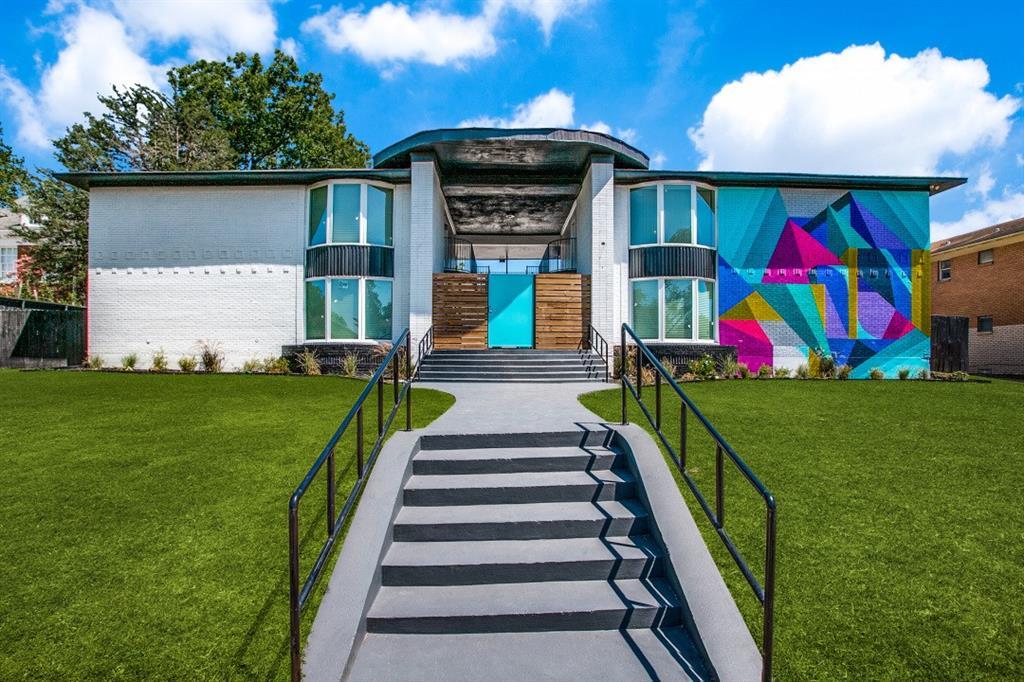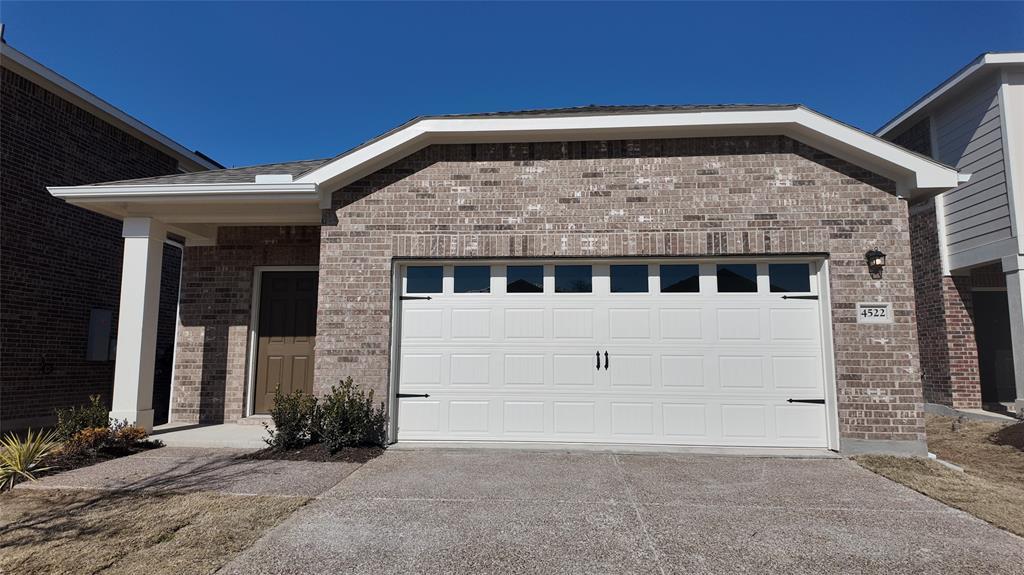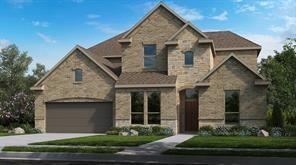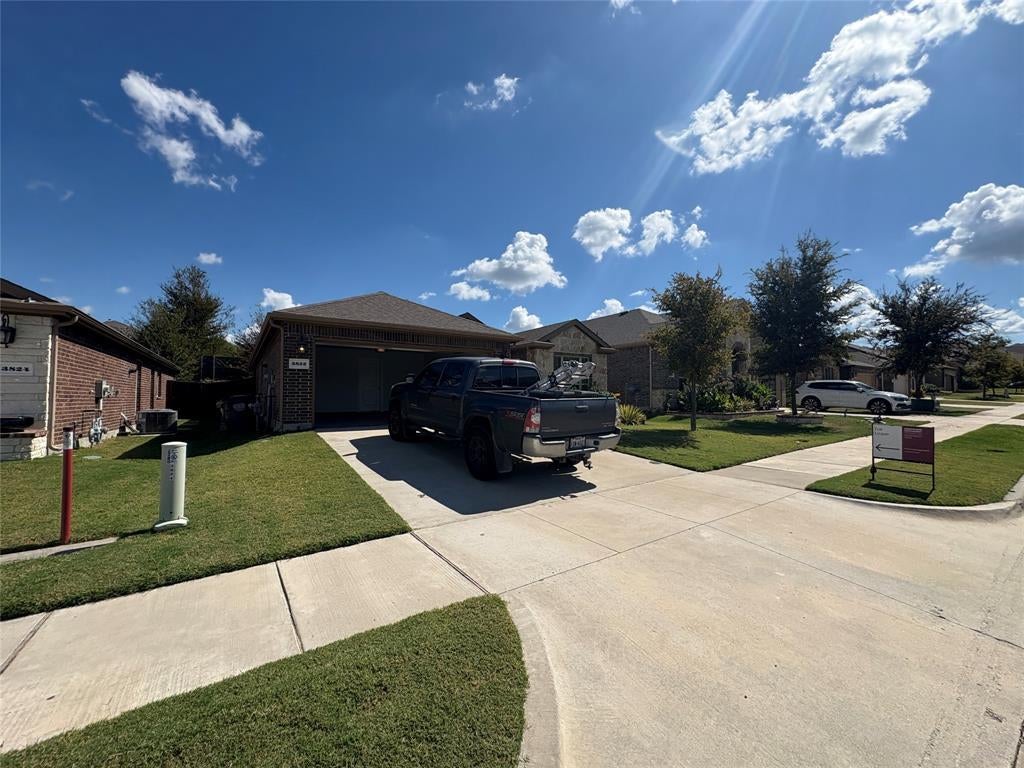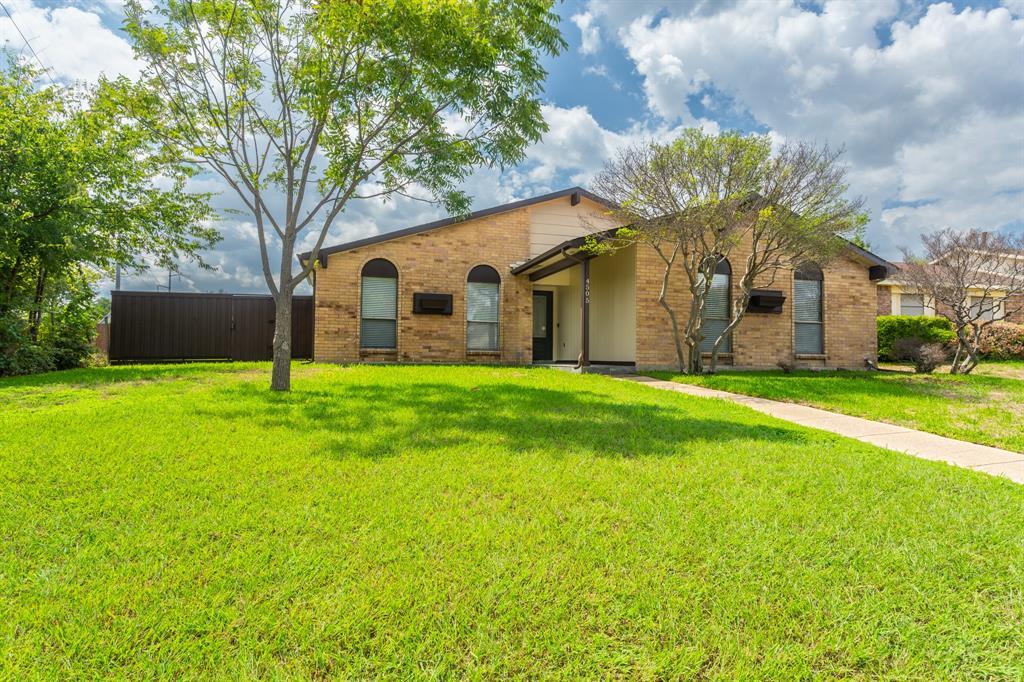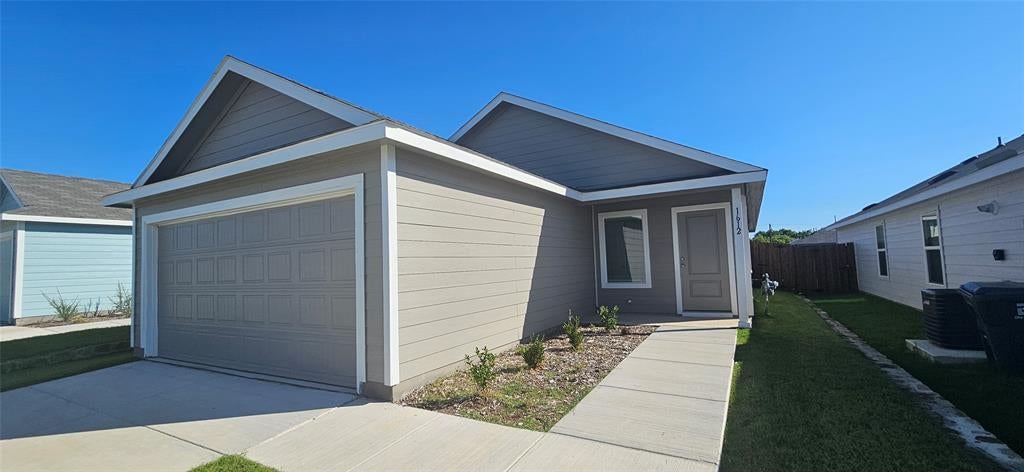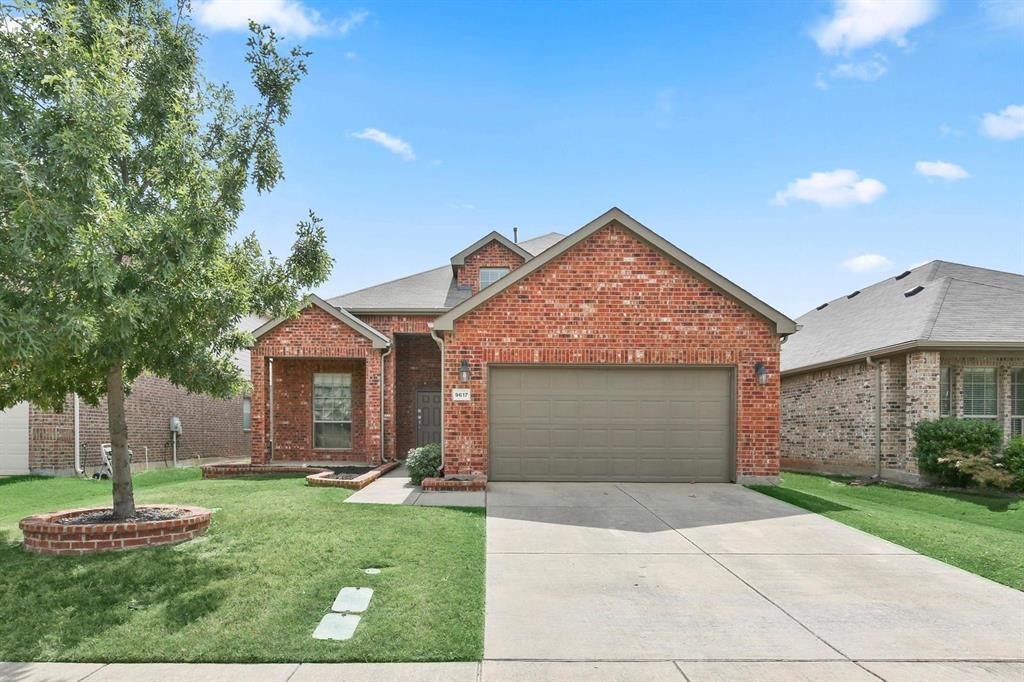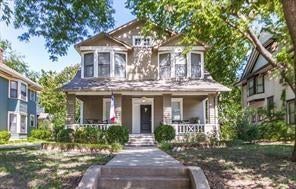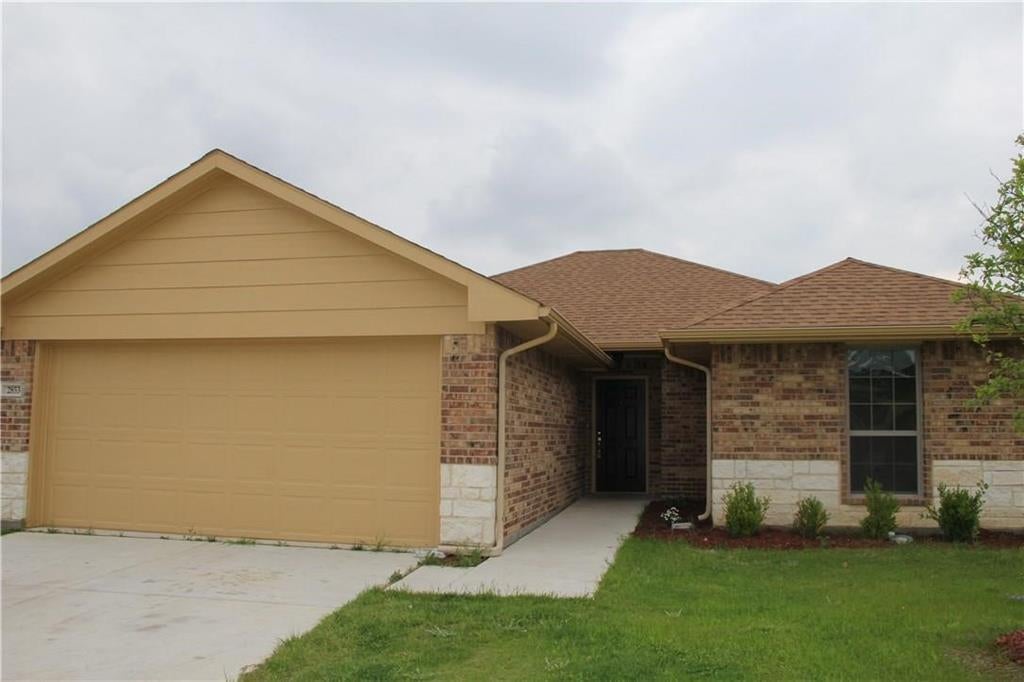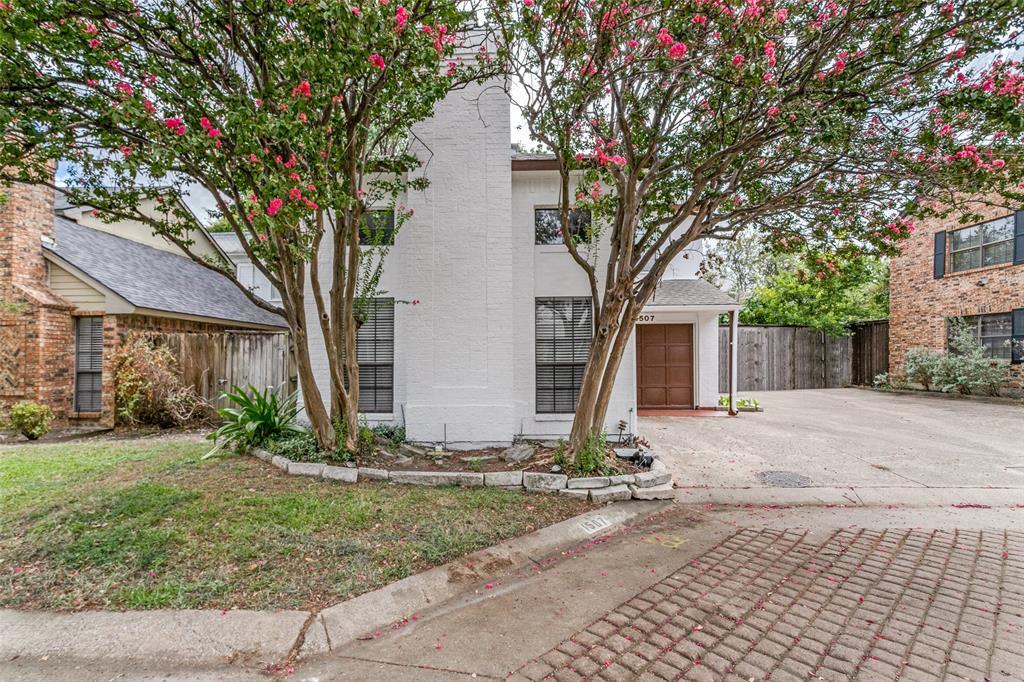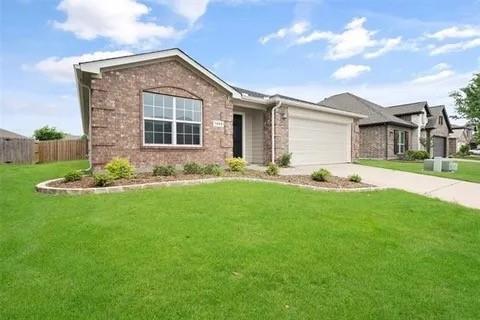Dallas Affordable Housing - Section 8
Navigating the Journey to Secure Safe and Stable Living. Affordable housing is a critical issue in many growing cities across the U.S., and Dallas is no exception. With rising property prices, increasing rents, and a surge of new residents flocking to this vibrant metropolitan area, the need for accessible and affordable housing has become more urgent than ever. For low-income families and individuals, government-assisted programs like Section 8 offer a lifeline to secure safe and stable living.
Call or Email for a complete list of affordable housing. Our community of REALTORS® will help you navigate the Dallas - Fort Worth real estate market.
Affordable Housing Listings
However, understanding how these programs work and navigating through the bureaucratic hurdles can be daunting. Whether you're new to Dallas or a long-time resident, this post will guide you through what you need to know about affordable housing in Dallas and how Section 8 can help provide the housing stability you need.
The Affordable Housing Landscape in Dallas
Dallas has become a hub for growth and innovation, attracting individuals from all walks of life. Yet, with such rapid growth comes increasing housing costs that can outpace income levels, especially for low and moderate-income households. Affordable housing refers to rental or homeownership opportunities that are affordable to households earning a specific percentage of the area’s median income (AMI), typically 80% or less.
In Dallas, affordable housing is a pressing need for many families who earn lower wages and are increasingly being priced out of traditional housing markets. These families often struggle to find housing options that fit their budget while still providing a safe and decent living environment. Dallas offers various affordable housing options, from subsidized apartments to tax-credit properties and housing vouchers.
Section 8: A Federal Housing Program
The Housing Choice Voucher Program, commonly referred to as Section 8, is a federal program administered by the U.S. Department of Housing and Urban Development (HUD). The program aims to help low-income families, the elderly, and disabled individuals afford decent, safe, and sanitary housing in the private market. Unlike public housing, which is government-owned, Section 8 allows tenants to choose their own housing, whether it's an apartment, townhome, or single-family home.
The Section 8 program works by providing rental assistance vouchers directly to eligible households. These vouchers cover a significant portion of the rent, while the household contributes the rest based on their income level. The amount of assistance depends on the household’s income, family size, and the fair market rent in their area. How Section 8 Works in Dallas In Dallas, the Dallas Housing Authority (DHA) administers the Section 8 program. DHA works with landlords to ensure that properties meet HUD standards and are a good fit for voucher holders. Once a household is approved for the Section 8 program, they receive a voucher that they can use to rent a home in the private market.
Here’s how the process typically works:
Application: The first step in accessing Section 8 assistance is submitting an application through DHA. Applicants must meet income requirements, which are based on family size and the area’s median income. Because the demand for Section 8 is high, applicants are often placed on a waiting list.
Waiting List: Due to limited funding and high demand, the waiting list for Section 8 vouchers in Dallas can be quite long. It’s not uncommon for families to wait months or even years before receiving a voucher. During this time, DHA periodically updates the list and informs applicants of their status.
Voucher Issuance: Once an applicant’s name comes up on the waiting list, DHA issues them a housing choice voucher. This voucher can be used to rent any home that meets the program’s guidelines, including passing a health and safety inspection. The household must find a suitable home within the allotted time frame—typically 60 to 120 days.
Tenant and Landlord Agreement: Once a suitable property is found, DHA calculates the amount of assistance based on the household’s income and the rent for the unit. The tenant and landlord then sign a lease agreement. DHA will also sign a contract with the landlord, agreeing to pay the voucher portion of the rent directly to them.
Ongoing Requirements: To remain in the program, tenants must meet certain obligations, such as reporting changes in income, allowing home inspections, and following the terms of their lease. Landlords, too, have obligations, including maintaining the property in a safe and habitable condition.
Who Qualifies for Section 8?
Eligibility for Section 8 housing vouchers is primarily based on income. The program is designed to assist households with incomes at or below 50% of the area’s median income. In Dallas, the income limits vary depending on family size. For example, in 2023, a one-person household must earn less than $30,000 annually to qualify, while a family of four can have a household income of up to around $43,000.
In addition to income requirements, applicants must be U.S. citizens or have eligible immigration status. Applicants will also undergo a background check, and certain factors such as eviction history or criminal records may affect eligibility.
Affordable Housing Beyond Section 8
While Section 8 is a valuable resource for many low-income households, it's not the only option available in Dallas. The city and its partners offer a variety of programs to promote affordable housing.
Low-Income Housing Tax Credit (LIHTC) Properties: LIHTC is one of the largest sources of affordable rental housing in Dallas. These properties offer reduced rents to eligible low- and moderate-income households. While rents may not be as low as those with Section 8 vouchers, LIHTC properties provide a stable and affordable option for many families.
Public Housing: For those who cannot access Section 8 vouchers, public housing provides another avenue for affordable living. These government-owned properties are available to low-income families, seniors, and individuals with disabilities at reduced rents. The DHA manages several public housing properties throughout the Dallas area.
Non-Profit and Community-Based Programs: Dallas is home to many non-profit organizations dedicated to increasing affordable housing options. These groups work on various fronts, from constructing new affordable housing developments to providing emergency rental assistance and support services to at-risk families.
The Challenges and Opportunities for Affordable Housing in Dallas
As Dallas continues to grow, so too does the challenge of meeting the city's affordable housing needs. Rising housing costs, land shortages, and zoning restrictions often limit the development of affordable units. Additionally, many households face long waiting lists for Section 8 or other affordable housing programs.
On the other hand, new opportunities are emerging. City leaders and housing advocates are exploring creative solutions to the affordable housing crisis. This includes policies to encourage the development of affordable units, programs to preserve existing affordable housing, and partnerships with private developers.
One key opportunity is the growing interest in mixed-income developments, which combine market-rate and affordable housing units in the same community. These developments help to ensure that affordable housing is integrated throughout Dallas, rather than concentrated in certain areas. The goal is to create diverse and thriving communities where residents of all income levels can access the same amenities and opportunities.
How to Get Help with Affordable Housing
For individuals and families struggling to find affordable housing in Dallas, numerous resources are available. DHA is the primary source for information on Section 8 vouchers, public housing, and other housing assistance programs. Non-profit organizations like Habitat for Humanity, Catholic Charities Dallas, and CitySquare also offer housing support and resources for those in need.
Navigating the affordable housing system in Dallas can be complex, but with the right guidance and resources, it is possible to secure a safe, stable, and affordable home. Whether through Section 8 or other housing programs, Dallas residents have options to help them achieve housing stability in a rapidly changing city.

